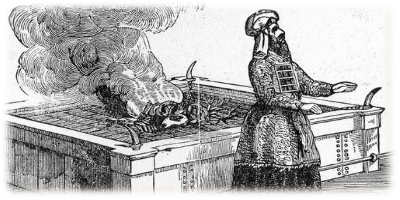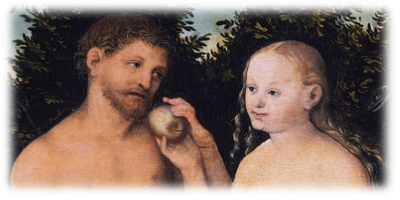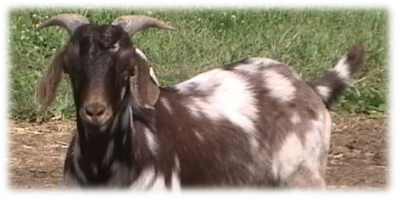And Moses diligently sought the goat of the sin offering, and, behold, it was burnt: and he was angry with Eleazar and Ithamar, the sons of Aaron which were left alive, saying, Wherefore have ye not eaten the sin offering in the holy place, seeing it is most holy, and God hath given it you to bear the iniquity of the congregation, to make atonement for them before the LORD? Behold, the blood of it was not brought in within the holy place: ye should indeed have eaten it in the holy place, as I commanded. And Aaron said unto Moses, Behold, this day have they offered their sin offering and their burnt offering before the LORD; and such things have befallen me: and if I had eaten the sin offering to day, should it have been accepted in the sight of the LORD? And when Moses heard that, he was content. (Leviticus 10:16-20, KJV)
Summarizing this passage, Aharon’s sons were supposed to eat the goat, but instead, they burned it in the fire. Moses was angry, saying they should have eaten it. Aharon then asked Moses if it would have been acceptable had he eaten it, and this was acceptable to Moses.
Now let’s take a look at the Revised Mechanical Translation for this passage:
“and Mosheh (Moses) greatly sought the hairy one (the goat) of the failure (sin offering), and look, he was cremated, and he snapped upon Elazar and upon Iytamar, the sons of Aharon (Aaron), the ones being left behind, saying, why did you not eat the failure in the special area, given that she was a special thing of special things, and he gave her to you to lift up the twistedness of the company to cover over them to the face of YHWH, though her blood was not brought to the special place within, you will surely eat her in the special place, just as I directed, and Aharon spoke to Mosheh, though today they brought near their failure and their burnt offering to the face of YHWH, and they called me out like this, and I will eat the failure today, will it do well in the eyes of YHWH? And Mosheh heard and it did well in his eyes?” (Leviticus 10:16-20, RMT)
In this translation, the beginning is pretty much the same, but instead of Mosheh saying, "you should have eaten it", he said, "You will eat it." Mosheh is going to make the sons of Aharon eat the ashes of the goat! And instead of Aharon saying, "what if I had eaten it?" He says, "what if I will eat it?" Then the passage says that it did well in Mosheh’s eyes, implying that he watched Aharon eat the ashes.
What an amazing sacrifice a father did for his sons.

Like what you’re discovering? Continue the journey from Bible reader to translator.
|






